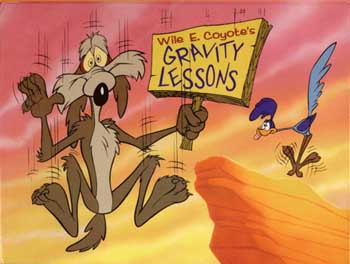Cold temperature therapies are trending now, but there's an important factor many don't know about to be able to practice it safely: Omega fat ratios.
I just got used to the idea that fat is good for me,
and now you're telling me there're ratios I need to concern myself with?
Our bodies are supposed to have a 1:1-3 ratio of Omega 3:6/9, meaning for every part of Omega 3, you should have a maximum of 3 parts of Omega 6 and 9 in your body, otherwise you are considered systemically inflamed.
Ha! I'm not inflamed. I'm just big-boned...
In naturally-available foods, this ratio is easily sustainable. With a conventional diet that includes processed foods and oils (yes, that includes olive oil used in cooking!), the typical ratio is around 1:50 (yikes!!!). Even conventional produce and protein sources have been altered to the point the nutrient content is so far off what they were just 2 generations ago. Spinach now does not do the same for our bodies as spinach did 50 years ago. And unless you get your salmon sourced from places like Bluff, New Zealand or Norway, your salmon probably has fewer Omega 3's than you think.
This means you're most likely systemically inflamed.
Whyyyyyyyyy????
Instead of getting lab tested to see how your levels are, one cool (pun intended) trick to monitor whether your levels are ok is to submerge yourself in cold water (around 45-55 deg F) for a couple minutes. When you come out of the water, if your skin is cherry red (almost like in the picture below), you're good. It means your body can regulate circulation and energy to warm the extremities (not in sympathetic "fight or flight" survival mode).
On the contrary, if your skin turns white, then your body cannot budget its resources to regulate circulation to the extremities and is just focused on keeping the core alive. In this state, you are much more susceptible to getting hypothermia.
To correct this dangerous state, just decrease your intake of processed foods like breads/pastas, junk food, and even microwavable meals (even if they're healthy!), and increase your non-starchy vegetable and natural-sources Omega 3 intake (like avocado, high quality fish oil or cold water fish like mackerel, cod, or salmon). Do the cold water test every couple weeks to monitor progress.
I swear this is two pictures merged into one and my legs aren't really that long....
Also, I'm not sunburnt in the bottom picture...that's the cherry redness of my highly circulated legs ;)
The more diligent you are with your diet, the faster you will see results. You may also notice that your circulation and energy in general will improve, you're less bloated and puffy, your brain might work a little better, and you might just be a little more happy.










































